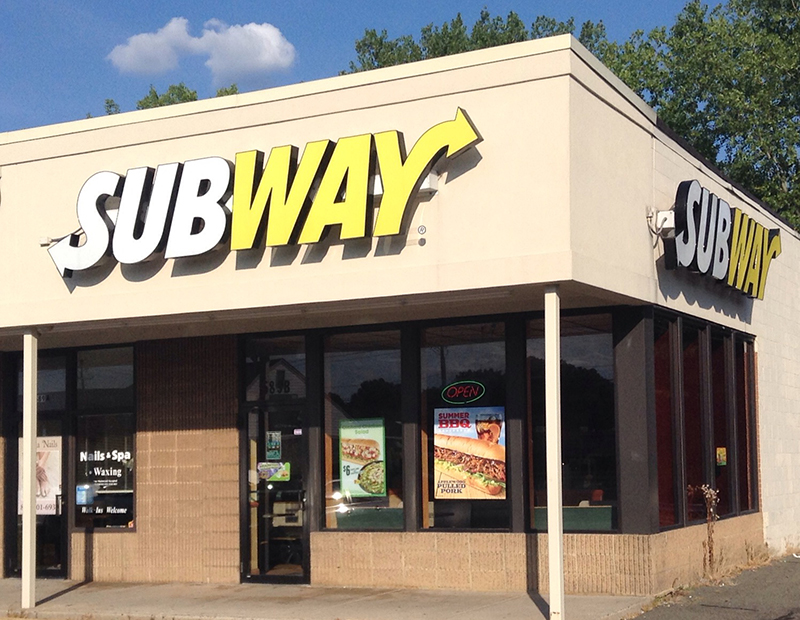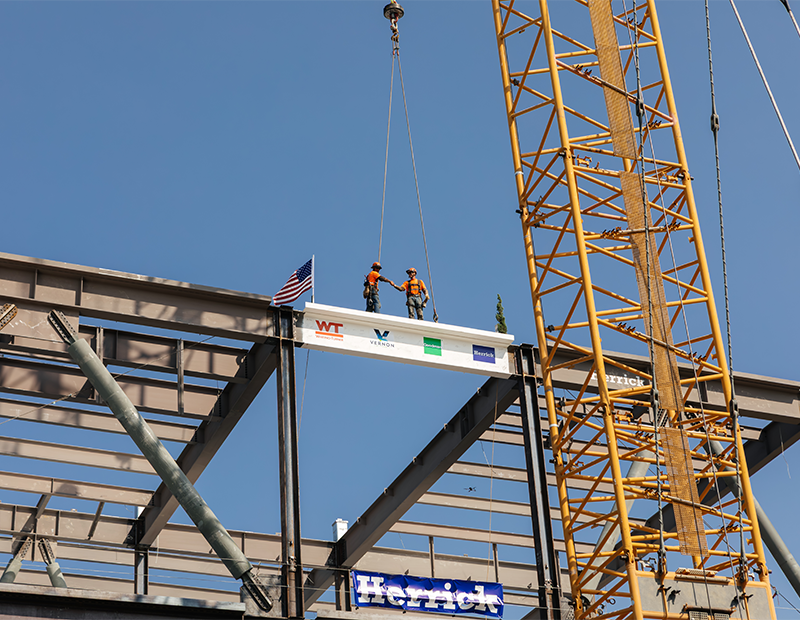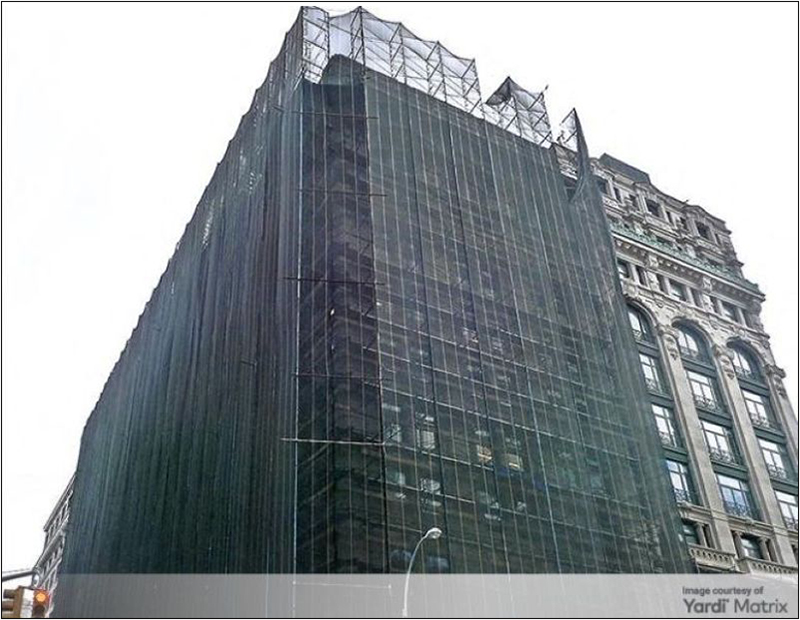Bracing for a Wave of Missed Retail Rents
Many stores and chain restaurants are unable to meet their lease obligations amid coronavirus-related closures.

Cheesecake Factory restaurant in Peabody, Mass. Image courtesy of Anthony92931 via Wikimedia Commons
Retail landlords are bracing for a challenging April as tenants from large chains to mom-and-pop stores signal they will be unable to make rent payments due to coronavirus closures. The Cheesecake Factory, Mattress Firm and Subway are among the retailers that are reportedly preparing to withhold some or all of next month’s rent after being forced to shutter stores to help contain the spread of the virus.
These headaches will likely be resolved on a case-by-case basis, depending on the financial situation of both parties, as well as the willingness of landlords to be flexible in extraordinary times. “I think the legal field in real estate will be very busy over the course of the next two years solving these issues,” noted Jimmy Goodman, partner at Chicago-based real estate services firm The Boulder Group to Commercial Property Executive.
READ ALSO: Simon Shutters US Malls Amid Virus Scare
Most commercial leases include a force majeure provision, which covers situations in which one party is prevented or delaying from performing its obligations due to unforeseeable and uncontrollable events, according to an article by the law firm Husch Blackwell. However, a tenant that operates a restaurant business is unlikely to be able to stop paying rent in cases where the local government has imposed a ban on dine-in service.
“Force majeure provisions don’t often cover the payment of rent or other monetary obligations, like paying utilities or renewing a casualty insurance policy,” according to the document, which also notes that the application of the force majeure doctrine depends on the specific contract or lease language and the jurisdiction in which the dispute occurs.
Flexibility will vary
Beyond the specifics of each legal situation, the size and savvy of the landlord will play a role in shaping the outcome of a rental dispute. “The Cheesecake Factory owners are usually malls, so they’re sophisticated, they know what’s going on. They have teams behind it,” said Noah Shaffer, senior director of asset management at Tampa, Fla.-based Confident Asset Management. That helps smooth over the resolution process when a tenant notifies a landlord that they will be unable to meet their rent obligations.
Landlords of outlets like Mattress Firm, Subway or Burger King, on the other hand, are typically smaller and less sophisticated and may consist of a family or individual. “Out of fear, they may immediately just say ‘ok,’ or they may react on the opposite end and try to go full litigation mode,” Shaffer added. “We think that the best outcome is somewhere in the middle: having an open dialogue. The problem is, sometimes we might not even know who the tenant contact is, because the landlords just don’t stay as active in these types of investments.”
The landlord’s mortgage situation will also determine what kind of resolution is possible. Commercial mortgage debt has reached nearly $3 trillion in the U.S., up by 33 percent from eight years ago, according to data cited by The Wall Street Journal.
“If you’ve got debt on the property, can the lack of one month’s payment still service your loan efficiently?” said Goodman. “It just really all comes to, can either the tenant or the landlord pay their current debt. That’s going to be the major issue here.”
“I think everyone will have some leniency in some capacity for 30 days,” he added. ”The question is, if this goes on further, what happens?”
Cheesecake Factory struggles
Restaurant chain The Cheesecake Factory notified the company’s landlords of its inability to make any of its April rent payments in a March 18 letter, according to a report by Eater. The letter cites a severe decrease in cash flow as some of the company’s nearly 300 restaurants nationwide were forced to close their doors to comply with government bans on dine-in service.
“We have very strong, longstanding relationships with our landlords,” the company said in a statement provided to Commercial Property Executive. “We are certain that with their partnership, we will be able to work together to weather this storm in the appropriate manner.”
According to multiple media reports, a number of restaurant and retail chains including Mattress Firm and Subway Restaurants have also requested rent reductions or temporary suspensions of rent beginning in April. Small, independently owned retailers that fall under the category of “non-essential” businesses in states like New York and California are also hard hit by coronavirus restrictions.








You must be logged in to post a comment.